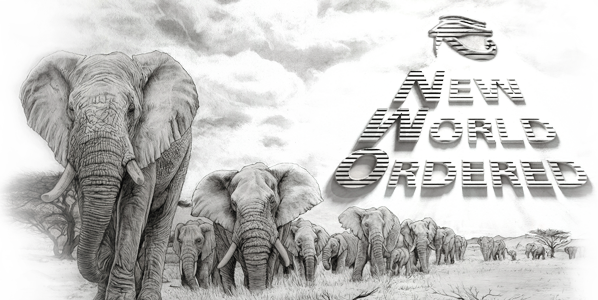A German study in June 2013 found significant amounts of glyphosate in the Urine of people and animals from all across Europe(1)(2)(3). The analysis of the urine samples observed that all had concentrations of glyphosate at 5 to 20 times over the limit for drinking water. Apart from becoming utilized in food production, glyphosate-based weed killers are usually sprayed onto railway lines, urban pavements and roadsides.

The study took the urine of city workers, journalists and lawyers who had no direct contact with glyphosate, so it’s fascinating to see that it turned up in their urine samples -and this was from an urban population in Berlin.(3) Another study that collected urine samples from 18 countries from all over Europe(1) also showed similar results.
To this day, Monsanto continues to advertise its Roundup solutions as environmentally friendly and claims that neither animals nor humans are affected by this toxin. Environmentalists, veterinarians, medical doctors and scientists however, have raised alarms around the danger of glyphosate in the animal and human food chain and also the environment. The reality that glyphosate has been observed in animals and humans are of concern. Looking for factors in serious diseases amongst entire herds of animals in northern Germany, in particular cattle, glyphosate has repeatedly been detected inside urine, feces, milk and feed of the animals. Whats much more alarming, glyphosate was detected inside the urine on the farmers. (3)
Glyphosate was invented in Switzerland in 1950, and the first synthesized by Monsanto in 1970. Glyphosate is a broadband herbicide that kills practically all green plants. Monsanto as well as other corporations like Bayer pharmaceuticals genetically engineer crops that are resistant to glyphosate so it can successfully kill weeds among the crop plants. This program however, leaves a glyphosate residue on crops which then enter the food chain of animals and humans.
This discovery came shortly after glyphosate was found in groundwater(4). It’s well recognized that glyphosate can, has and does enter into our water supply(5), which seems to be a worldwide phenomenon(6) which has been published in multiple health databases throughout the years(6).
Given all of the accessible facts, it illustrates how dangerous glyphosate is to human and animal health, isn’t it funny how the Environmental Protection Agency (EPA) recently raised the allowable concentrations of glyphosate on crops?
Recent studies have linked glyphosate to Autism, Parkinson’s and Alzheimer’s disease (7)(8). It doesn’t stop there, as studies have also linked glyphosate to cancer as well. (9)
The problem is the same financial institutions who maintain major shares inside biotech industry also retain major shares in big pharmaceutical companies. The bottom line is that we need to make better choices in our lives as individuals. There is no reason why we need to hand our power to a handful of corporations as well as the financial institutions that run them. A crucial step to creating change is being aware that there are phenomena on our planet that do not resonate with us morally, and glyphosate is one of quite a few things that the human race could do without!
Sources:
http://www.gmwatch.org/index.php?option=com_content&view=article&id=13631
(1)http://www.foeeurope.org/sites/default/files/glyphosate_studyresults_june12.pdf
(2)http://www.ithaka-journal.net/herbizide-im-urin?lang=en
(3)http://www.ithaka-journal.net/druckversionen/e052012-herbicides-urine.pdf
(4)http://toxics.usgs.gov/highlights/glyphosate02.html
(5)http://water.epa.gov/drink/contaminants/basicinformation/glyphosate.cfm
(6) http://www.ncbi.nlm.nih.gov/pubmed/22101424
(7) http://www.mdpi.com/1099-4300/15/4/1416
(8)http://www.for.gov.bc.ca/hfp/publications/00015/6-Dost-Glyphosate.pdf
(9)http://www.ncbi.nlm.nih.gov/pubmed/23756170
http://www.cornucopia.org/2013/06/weed-killer-glyphosate-found-in-human-urine-across-europe/


Comments
Len Duggan
06 / 4 / 15